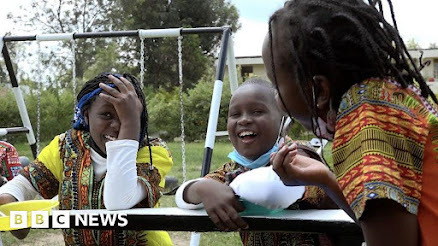Multilingual Education Course, November 7-18, 2022 Guwahati, Assam

During this 10-day, face-to-face course , participants will be introduced to foundational concepts in MLE. They will then survey a number of practical techniques for developing language-sensitive learning materials. Finally, there will be a brief exposure to teaching methods which leverage the learner's home language in the classroom. You can find the announcement also on this tweet , and this LinkedIn announcement . 2022 November 7-18, 2022, Guwahati, Assam Links : Register for updates & Application By the end of this course the participants will be able to: Explain key principles relating to the aims, goals and implementation of strong MTB-MLE programs. Explain key theories relating to teaching and learning in MLE programs Connect theoretical concepts with relevant national/state curriculum competencies Describe how teaching materials support literacy development in L1 and L2 Understand the process of creating early teaching materials in the L1 Descr...



